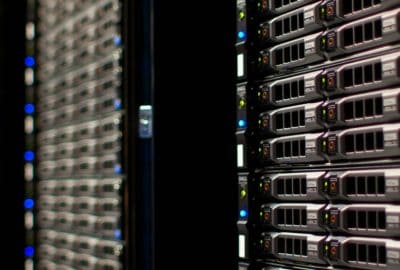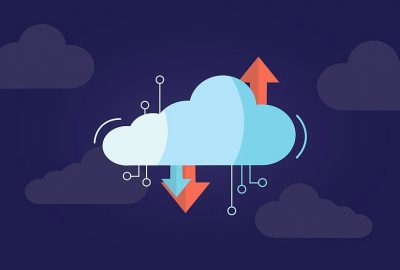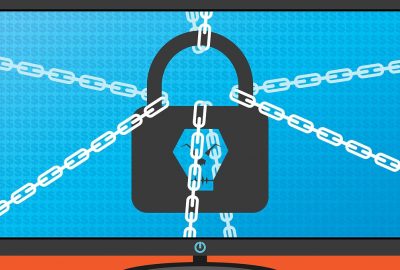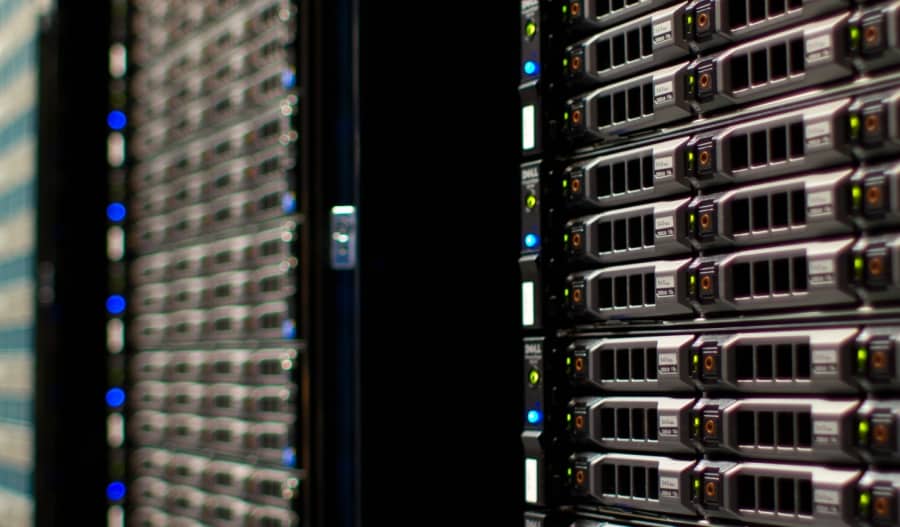 With the increase in cyber-attacks and ransomware, keeping a database backup of your business is necessary. Malicious attackers go out of their way to keep your information. Or worse: steal it, and leave you without resources or important assets for your business. How can we face these situations? Backups have become the best way to recover from an attack that ends your information.
With the increase in cyber-attacks and ransomware, keeping a database backup of your business is necessary. Malicious attackers go out of their way to keep your information. Or worse: steal it, and leave you without resources or important assets for your business. How can we face these situations? Backups have become the best way to recover from an attack that ends your information.
What is a database backup?
A database backup is a process by which we duplicate important data. This duplicate allows the recovery of the information set after a loss of data. There are currently many data backup services that companies and organizations can use. Having a backup ensures that your data is secure and that critical information is not lost. This applies to natural disasters, data theft or any other type of emergency.
There are currently different methods to make database backup copies. Previously, you could download the hard disk data into a set of memories or external disks. Since the development of technologies such as wireless, IT managers can keep the copies remotely. It is also possible to download large amounts of data on small portable devices. Of course, more and more cloud services and related options ease remote data storage. The important thing is not the method, but that data is safe if the installation is compromised.
Making a security plan
 Planning how you will make a database backup is as important as implementing it. There are many considerations to take into account when planning this type of support. Of course, your priorities will change depending on what your company does. However, there are different general details to take into account for planning:
Planning how you will make a database backup is as important as implementing it. There are many considerations to take into account when planning this type of support. Of course, your priorities will change depending on what your company does. However, there are different general details to take into account for planning:
- What data (files, folders, etc.) are a priority.
- What will be the compression method to use.
- How often your copies will run.
- What kind of copies are most necessary.
- What kind of media storage will you use?
- Where to store the data for safekeeping.
Let’s analyze some of these data:
Prioritizing your data
The main rule is that you should make a backup copy of any irreplaceable data. We’re talking about any word processing document, spreadsheets, financial, customer databases, etc. Personal files such as images, music, and emails are important, but not so much. One recommendation is to make database backup of programs or system folders. In these cases, the ideal option is to reinstall them. This way, the system folders can restore from your operating system. Try to keep all your installation discs, operating systems, and the registry information.
Frequency in copies
This will depend on how often your company data changes. Commercial data that changes frequently needs daily or hourly copies. Data that doesn’t vary that much can get weekly or even monthly copes. For the data you consider critical, you can configure your software to make a custom database backup. Rapid7, for example, offers a customizable backup system. This will depend on the qualities of your business and assures you total control over the backing of your most important information.
Where should you keep your database backup?
 The easy answer is that you can save that backup to any available file storage media. The most common examples are the local hard drive, external hard drive, etc. In these cases, a good practice to store database backup is to keep a copy of the site for easy access. Having an off-site backup also in case of an accident or flood is also important.
The easy answer is that you can save that backup to any available file storage media. The most common examples are the local hard drive, external hard drive, etc. In these cases, a good practice to store database backup is to keep a copy of the site for easy access. Having an off-site backup also in case of an accident or flood is also important.
Needless to say, you shouldn’t store them on the same hard drive as the files you are copying.
However, the best options are currently remote copies, also known as online backup. This secondary server hosting exists in an external service provider. The charge for these copies varies according to storage space, transmission bandwidth, users, etc. Data backup in the cloud reinforces data protection without increasing your workload. This benefits significantly the costs associated with cloud copying.
The operation of security consoles
 As we mentioned, there are software focused on the protection of your database backup. The variety of options they offer is very high; this is why we will focus on one of the most sought after in the market: rapid7. So we can test its functions and get an idea of how much we can do with this software.
As we mentioned, there are software focused on the protection of your database backup. The variety of options they offer is very high; this is why we will focus on one of the most sought after in the market: rapid7. So we can test its functions and get an idea of how much we can do with this software.
The Rapid7 security console features an integrated database backup function. This allows you to run them manually or based on a schedule set by yourself. Also, these backups can restore data from a new or existing host. Besides, this security console also allows you to configure retention settings. This way you can protect the stored data as a result of your scans and generated reports. The data set allows the console to purge details that exceed a specified time. This optimizes console performance and saves disk space.
The data storage this console offers includes:
- The content of the database itself.
- Nsc.xml, nse.xml, userdb.xml and consoles.xml configuration files
- Licenses
- Images
- Custom Report Templates
- Custom scan templates
- Reports generated
- Customized risk strategies
- Custom SCAP data
- Scan Logs
This console offers an overview of the standard and independent data and backups. You can also generate a pre-backup checklist to ensure everything is in order.
There is much more information to know about Rapid7. If you are interested in making a copy or data backup but still have doubts, contact us. We offer you the best tools in the market and a team dedicated to giving you the best attention.



